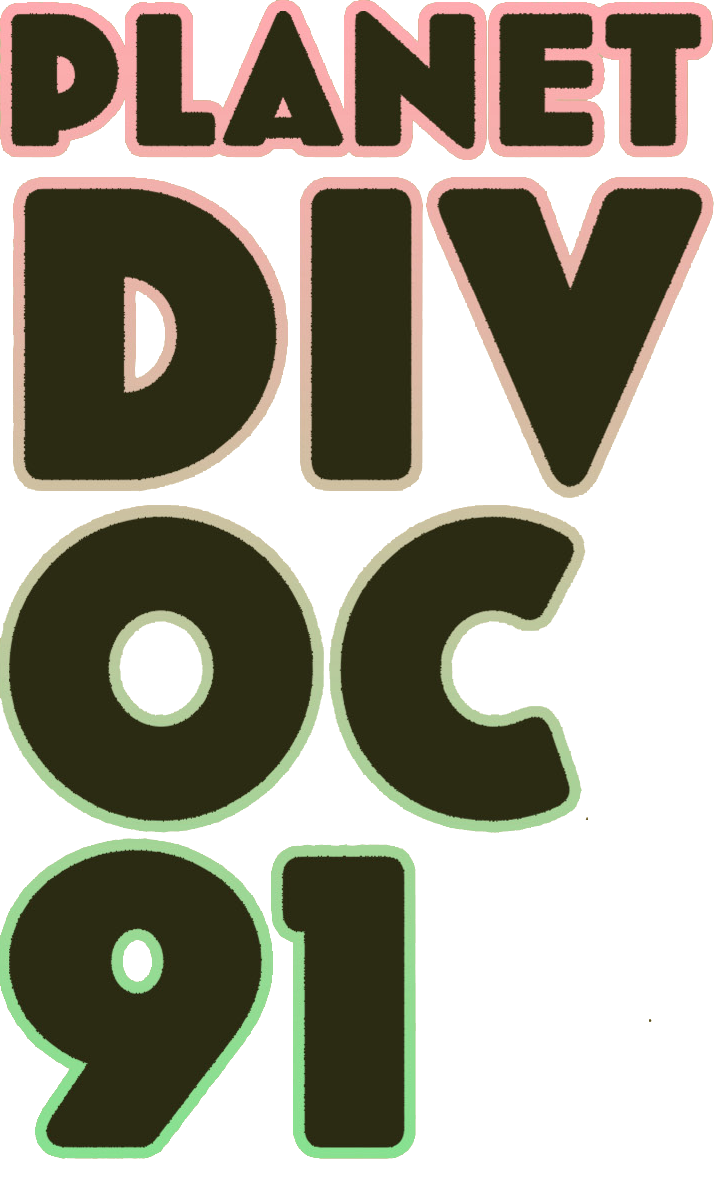‘Stigma and disease go hand in hand’ — How will history remember the Covid-19 pandemic?
An Interview with Medical Historian, Dr Harriet Palfreyman by Jenny Speakman
There is not one single “master story” to tell our history. Given the scale of events like the coronavirus pandemic, there are in fact millions of different realities—those of students, doctors, the elderly, young children, key workers, to name just a few—each just as relevant and just as true as the last. People leave all kinds of marks within the unfolding fabric of modern history.
This idea of a diversity of perspectives is what we took away from our interview with medical historian, Dr Harriet Palfreyman. Our conversation enlightened us, too, as to how diseases are historically linked to the stigmatisation of marginalised communities.
The pandemic has also shone a light on pre-existing social divisions across the globe. Coronavirus has frequently been described as a “foreign invader”, immediately evoking racialised imagery and the idea of us vs them. As a virus that originated in the Far East, specifically the Wuhan province of China, Coronavirus triggered racial stereotyping which was used in attempts to blame somebody for its creation and demonstrate the colonialist idea of Western superiority.
When asked about cases of racial discrimination in response to the pandemic, Harriet pointed out that “stigma and disease go hand in hand […] it is hard to find a pandemic that didn’t have some form of stigmatisation.” She specifically points to the HIV/AIDS ‘pandemic’ of the 1980s which created a discourse of discrimination against the gay community. Similarly, Covid-19 has the media constructing a visual narrative of what we think China and the East is like and enforces stereotypes of an archaic society that allows deadly diseases to spread.

This imagery altered, however, when the virus spread to Europe and white people became infected. We turned to imagining the virus as an attacker—drawing on military metaphors and wartime imagery, which Harriet compares to the “Blitz spirit” of World War II. For, in a time of crisis, we love to remember our greatest global victory as a way of denying any weakness.
With the highest mortality rates now coming from the US and the UK, perhaps Coronavirus will prove valuable in ending the idea of Western exceptionalism. When we posed this question to Harriet, she suggested that other things happening in 2020, such as the Black Lives Matter movement, may be more important in ending the cultural hegemony of Western powers. For such a movement to emerge during a global pandemic is a poignant display of the desperate need for justice. Whilst the pandemic has wrongly generated hostility toward minority communities, BLM has fought for equality and toleration.
History will remember 2020 for many things, but at least partly as a year of sacrifice, reflection and bravery. Hopefully, we will emerge with a greater understanding of endemic and toxic racial discrimination—a social pandemic created and maintained by the human race.
Jenny Speakman is a 20-year-old writer from Warrington who has a specific interest in comics, literature and history. She is currently entering her final year of studying history at the University of Leeds and is a member of the Planet Divoc-91 young adult writing team.
This article was written based on an interview with medical historian, Dr Harriet Palfreyman, conducted by Katie Heyes, Lucy Porte and Fatema Kharbotli, also members of the Planet Divoc-91 young adult writing team.

